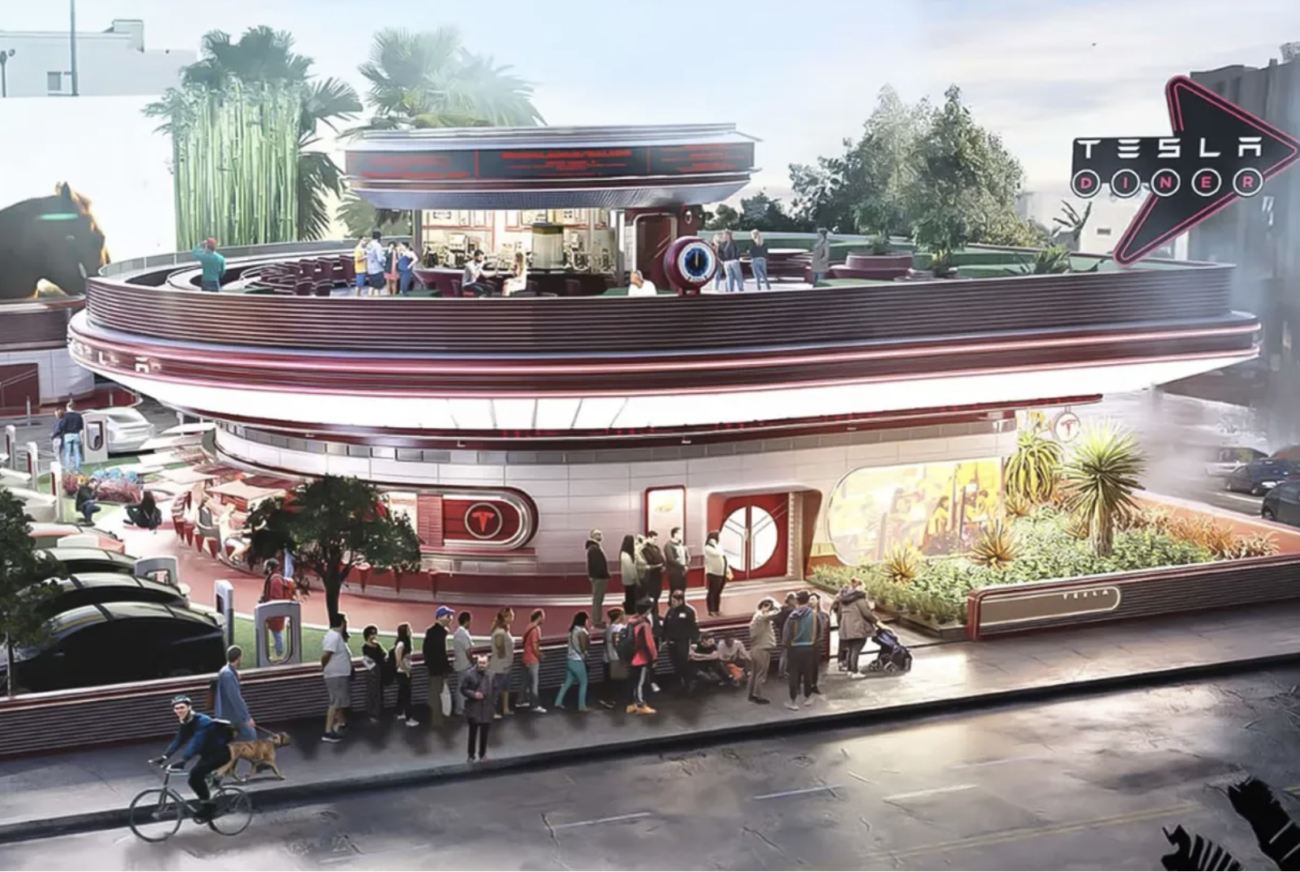Is This The Future of Autonomous Dining?
What does the future hold for autonomous dining? In San Francisco, a groundbreaking concept in the restaurant business is taking shape at an outdoor food court, and it goes by the name of Mezli. Mezli

What does the future hold for autonomous dining? In San Francisco, a groundbreaking concept in the restaurant business is taking shape at an outdoor food court, and it goes by the name of Mezli. Mezli stands out as the world’s inaugural fully robotic restaurant, where humans play no on-site role, and robots take center stage.
This innovative collaboration between a team of Stanford engineers and a Michelin-starred chef is not only changing the face of dining but also revolutionizing the way restaurants operate, emphasizing cost reduction and enhanced working conditions while continuing to serve top-notch cuisine.
In this article, we delve into how Mezli works, its unique approach to food preparation, and its potential impact on the restaurant industry.
Mezli’s Autonomous Dining Experience: Located within San Francisco’s SPARK Social food court, Mezli introduces diners to an extraordinary experience. Potential customers approach a compact building adorned with a touchscreen interface. Here, they select from extensive restaurant menus of Mediterranean-style bowls, boasting diverse combinations of ingredients that extend into the thousands.
Inside the building, an intricate system of conveyor belts guides each bowl along its journey. Robots take center stage as they meticulously heat and dispense the specified ingredients, crafting the perfect meal for unique customer experiences. The finished product emerges at a convenient window, ready for customers to pick up and enjoy.
Human involvement in the food-making process is limited to ingredient preparation, conducted in a central kitchen. This kitchen operates much like a traditional restaurant, with one key difference: the culinary team is preparing meals for robotic servers, known as robotic food assemblers, instead of human waitstaff.
Mezli emphasizes that this streamlined approach not only reduces the cost of construction but also allows for placement in smaller spaces, expanding access to their high-quality, affordable meals while minimizing their carbon footprint.
The Collaboration That Brought Mezli to Life: Mezli’s inception arose from the shared vision of three Stanford Engineering graduate students: Alex Kolchinski, Alex Gruebele, and Max Perham. They sought to address the challenge of finding convenient, healthy, and affordable meals in the United States.
Recognizing the potential of robots to reduce restaurant costs, particularly in terms of space and labor, the founders partnered with Bay Area chef Eric Minnich, who boasts experience in Michelin-starred establishments.
The collaboration between culinary expertise and engineering ingenuity led to Mezli’s unique approach to food preparation. While adapting recipes to suit the automated production model presented challenges, the primary focus remains unwavering: delivering top-quality meals with exceptional flavor. Any adjustments made to recipes aim to enhance the dining experience, ensuring that taste and quality are never compromised.
Automation in the Evolving Restaurant Industry: The restaurant industry has long been characterized by challenging working conditions, low wages, high turnover rates, and narrow profit margins. By automating food preparation, restaurants can significantly reduce costs, potentially leading to improved wages and working conditions for staff involved in meal preparation and production oversight.
Robots in the kitchen can create a more manageable, less hectic work environment, offering better quality of life for restaurant staff. With a clear understanding of the robotic system’s needs, staff can ensure seamless operation and consistent meal quality.
The ongoing labor shortages in the restaurant industry, exacerbated in the Post-pandemic World, underscore the significance of automation. Reports indicate that robots could replace a substantial portion of restaurant positions due to technological advances, potentially freeing up resources for better compensation and conditions for remaining staff.
However, it’s important to note that while automation offers practical benefits, the unique human touch and hospitality found in traditional dining establishments remain irreplaceable. As Eric Minnich points out, machines can’t replicate the warmth and personal interaction that come with human service.
In conclusion, Mezli is pioneering the future of dining with its fully robotic restaurant concept, demonstrating how automation can revolutionize the industry while maintaining high-quality cuisine. As the restaurant industry evolves, the integration of technology offers opportunities for cost savings and improved working conditions. Yet, the essence of human connection and hospitality remains an integral part of the dining experience that machines can’t replace.
 English
English




